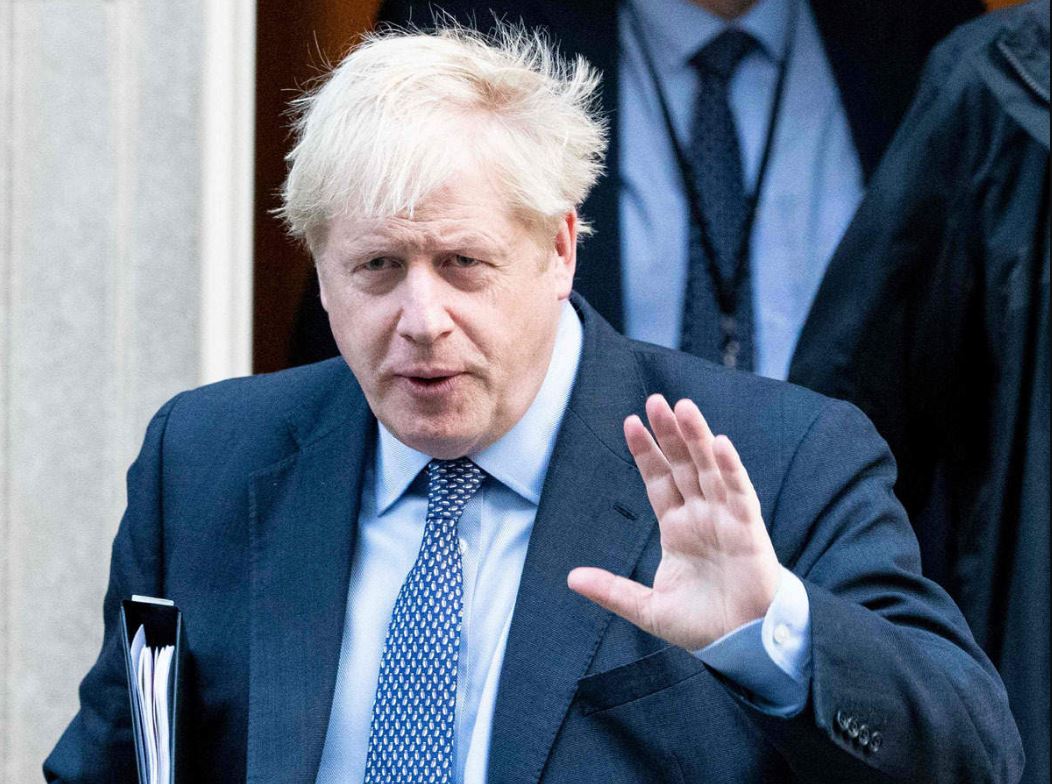Prime Minister Boris Johnson sent an unsigned letter to the European Union requesting a delay to Britain’s exit from the bloc and also said he did not want the extension after his latest Brexit setback in parliament on Saturday.
Johnson had previously said he would rather be “dead in a ditch” than ask for any extension to the Oct. 31 deadline.
But he was compelled, by a law passed last month by opponents, to send a letter to the bloc asking to push back the deadline to Jan. 31 after lawmakers thwarted his attempt to pass his EU divorce deal on Saturday.
A government source said Johnson sent a total of three letters to Donald Tusk, the president of the European Council: a photocopy of the text that the law, known as the Benn Act, forced him to write; a cover note from Britain’s EU envoy saying the government was simply complying with that law; and a third letter in which Johnson said he did not want an extension.
“I have made clear since becoming Prime Minister and made clear to parliament again today, my view, and the Government’s position, that a further extension would damage the interests of the UK and our EU partners, and the relationship between us,” Johnson said in the third letter, published on Twitter by the Financial Times’ Brussels correspondent.
Johnson, for whom delivering Brexit is key to his plan to hold an early election, said he was confident that the process of getting the Brexit legislation through Britain’s parliament would be completed before Oct. 31, according to the letter.
Tusk said he had received the request from Johnson.
“I will now start consulting EU leaders on how to react,” he said on Twitter.




